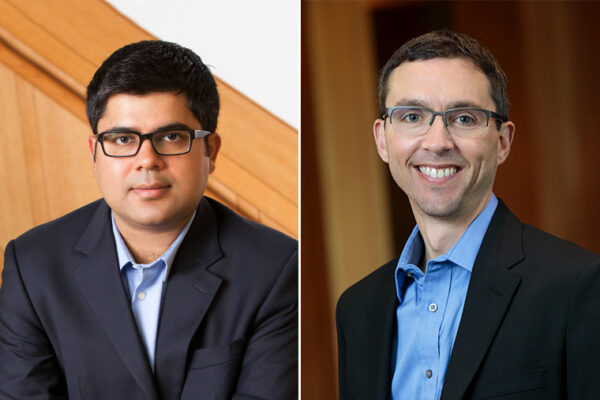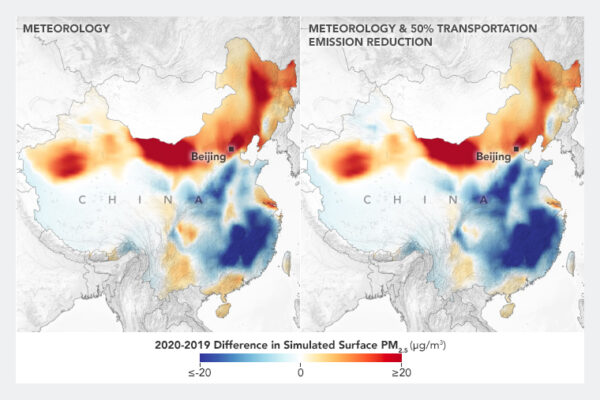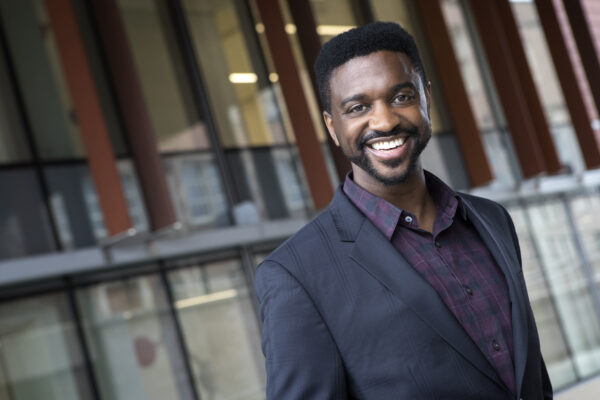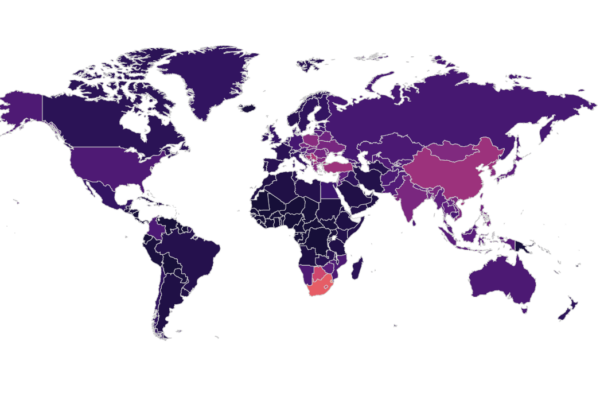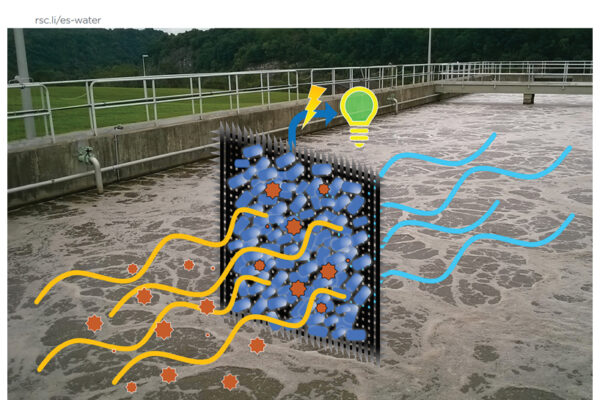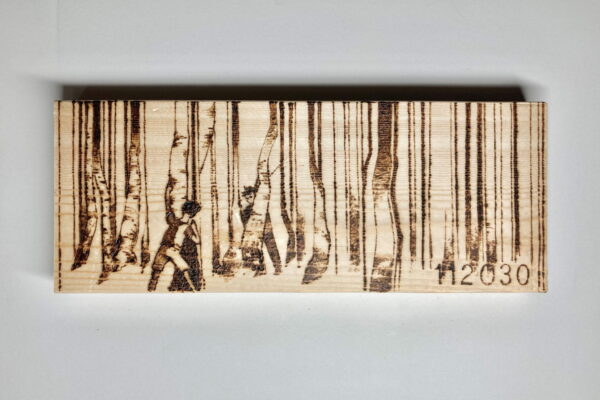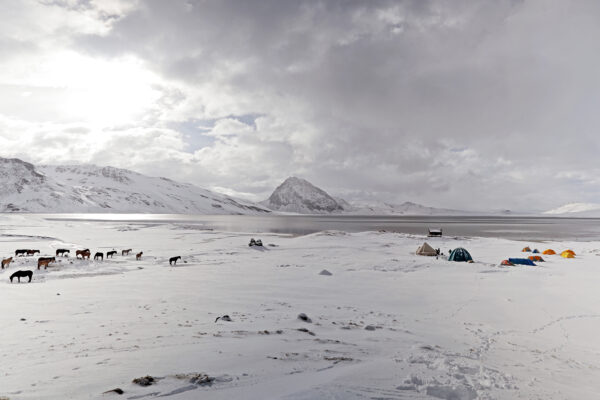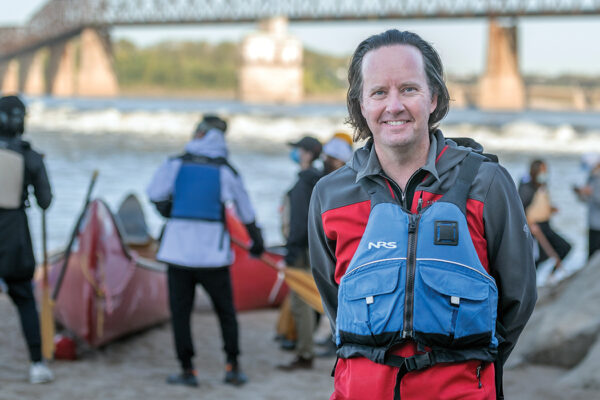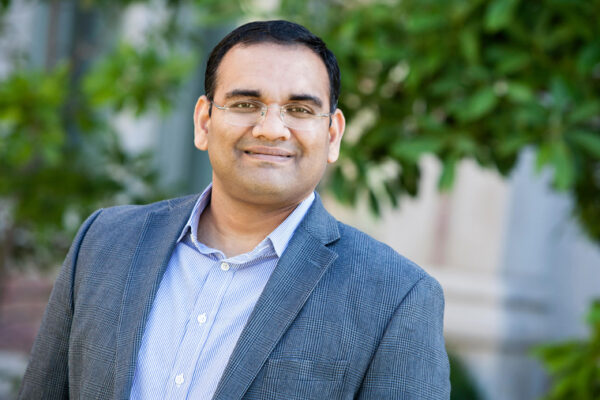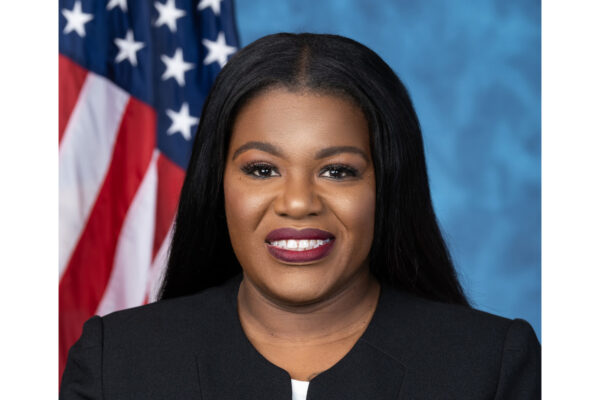NASA funds Chakrabarty, Martin atmospheric data research
Two researchers from the McKelvey School of Engineering received funding from NASA for atmospheric data research
Pandemic air quality affected by weather, not just lockdowns
Using a diverse set of tools, the lab of Randall Martin shows how the pandemic did – or didn’t – affect levels of particulate matter during COVID lockdowns.
Google supports Agonafer’s data center cooling tech
Google is supporting the research of Damena Agonafer, assistant professor at the McKelvey School of Engineering, citing his work on evaporative cooling.
New research finds 1M deaths in 2017 attributable to fossil fuel combustion
An international team of researchers, including faculty in the McKelvey School of Engineering, has determined what sources contribute to pollution and the health effects they have on global, regional and smaller scales.
Wastewater treatment system recovers electricity, filters water
A new system developed in the lab of Zhen (Jason) He uses bacteria to filter wastewater while creating electricity.
Climate Stories winners announced
The Midwest Climate Summit recently announced the winners of its multimedia art competition, Climate Stories.
Highlands hunt for climate answers
Two Washington University scientists are reconstructing past climate and cultural shifts in the Peruvian Andes. Today, such high-altitude parts of the tropics are warming faster than the rest of the globe. What Bronwen Konecky and Sarah Baitzel discover could help predict how this delicate ecosystem might be affected in the future.
Watershed moments
The effects of climate change cannot be handled piecemeal, argues Derek Hoeferlin. Managing 21st-century waterways will require coordination on a continental scale — and a foundational understanding of how water shapes our environment.
Ramani lab awarded grant to update power plants
The U.S. Department of Energy has awarded Vijay Ramani and co-investigators $500,000 to integrate batteries designed in the Ramani lab into power plants.
Rep. Bush to address climate change
Washington University will partner with the University of Missouri-St. Louis to present the Missouri Climate Dialogues webinar at 5 p.m. Wednesday, April 7.
Older Stories
